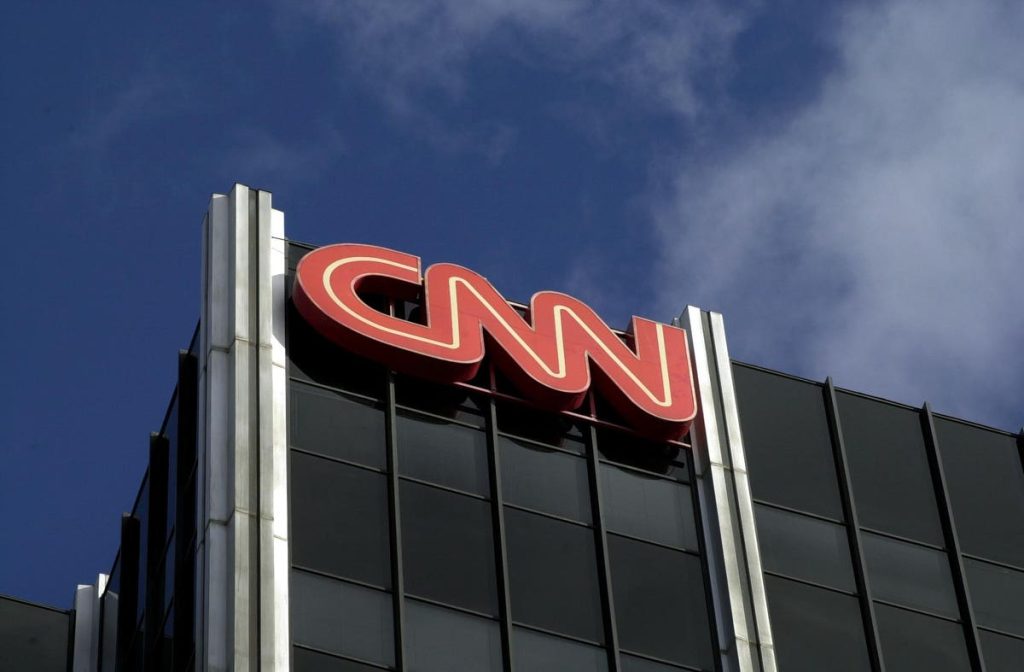Chris Licht is out as CEO of CNN. Weeks after a controversial town hall with Donald Trump and days after a news story from The Atlantic, Licht simply couldn’t overcome the intense scrutiny that dogged him in his final days.
There’s a saying in corporate America: “Culture is king.” CEOs have a hard job, having to manage a wide range of interests—internal and external—while executing on a strategic vision that is shared throughout the company. Trust me: It isn’t easy for any CEO, let alone one as publicly positioned as Licht. In his case, culture killed the king.
Licht was never able to foster a shared vision for an extended period of time. He was ultimately unable to walk the walk on ideological alignment, or at least it seemed so from afar.
But how did CNN get here so quickly? When Licht was hired, he seemed to check all of the proverbial boxes. He was an accomplished media executive with a diverse background in journalism, bringing a wealth of experience and expertise to the CEO role.
At least on the surface, Licht appeared to be the perfect fit for an unconstrained remake of the company. As he put it last year, “CNN is uniquely positioned to be a beacon of meaningful, impactful journalism for the world. I am committed to upholding and building on CNN’s legacy.”
Before Licht’s hiring (and now), it was clear that CNN desperately needed a grand turnaround, bouncing back from its slumping ratings after the Trump presidency. Change was the top priority—even now, CNN’s ratings are in the tank. But my sense is that Licht tried to do it all in one bite. He pushed change too broadly and too rapidly, and that was the fatal decision.
Remember: The CNN job is only a CEO in name, since the company’s single shareholder is Warner Bros. Discovery and the person with all of the votes is Warner’s CEO (David Zaslav). Zaslav has all of the power in this leadership equation. And Zaslav is uniquely attuned to the media landscape himself—he understands the news cycle and he knows where the headlines are leaning, for better or worse.
Over the years, CNN moved further and further left on the ideological spectrum, positioning itself as a vocal critic of the Trump administration and leaning into polarizing content. Licht, on the other hand, sought a more balanced approach to journalism that prioritized hard-hitting news over partisan opinion-making. He was hired to make the news network less openly partisan, restoring its reputation as an objective player that could call balls and strikes with both sides.
When CNN’s culture pushed back on what Licht was hired to do (i.e. rebuild market share by appealing to a broader audience with a greater range of ideological views), other news outlets pounced. The likes of The Atlantic all too eagerly attacked Licht, since he was addressing criticisms applicable to them too. And Warner took notice. Zaslav felt the pressure.
It didn’t take long for Licht’s corporate bosses to cave. If anything, recent media coverage gave them cover in ousting Licht, even though the move had more to do with appeasing internal constituencies that reacted poorly to cultural change. External negativity mattered, of course, but internal disagreement led to a fractured culture. Licht’s plans for “the culture” directly threatened the culture that already existed at CNN, and the culture fought back—with Zaslav delivering the final blow.
The particulars of CNN’s decision leave us with a key takeaway: Cultural change takes a long time, and it is often messy. An established culture can only be moved so far during any one CEO’s tenure. Companies seeking change need to hire a CEO who fits a realistic timeframe. The right person for the job is the person who can reach an achievable shift—not a decade down the line, but in six months or a year.
Licht didn’t fit the tighter timeframe. If the new CEO’s desired culture is way outside the level of achievable shift, then a firing becomes fair game.
As CNN looks ahead to its post-Licht future, and a future of achievable change, a resilient belief in realistic disruption is paramount. CNN’s shareholder (e.g. Warner) and its board of directors need to commit to actionable change, find the person to bring that first level of disruption, and stick to it. Cultural change is tricky, and it is impossible with fickle commitment as the foundation.
CNN’s next CEO needs to understand Warner’s perspective first and foremost. Zaslav is the critical constituency. What has become clear in recent days is that change at CNN requires threading the needle. The end goal is to fix CNN’s brand and slow revenue loss by taking a more inclusive, less combative approach to journalism, but not to such an extent that other media organizations turn CNN into a daily punching bag. Enough internal change must occur to make a financial difference, but not so much that it invites (avoidable) external attacks.
Threading the needle may be more important to Warner than optimizing profits. Therein lies the real “make it or break it” cultural dimension: Change the culture, but without another CEO casualty.
Read the full article here










